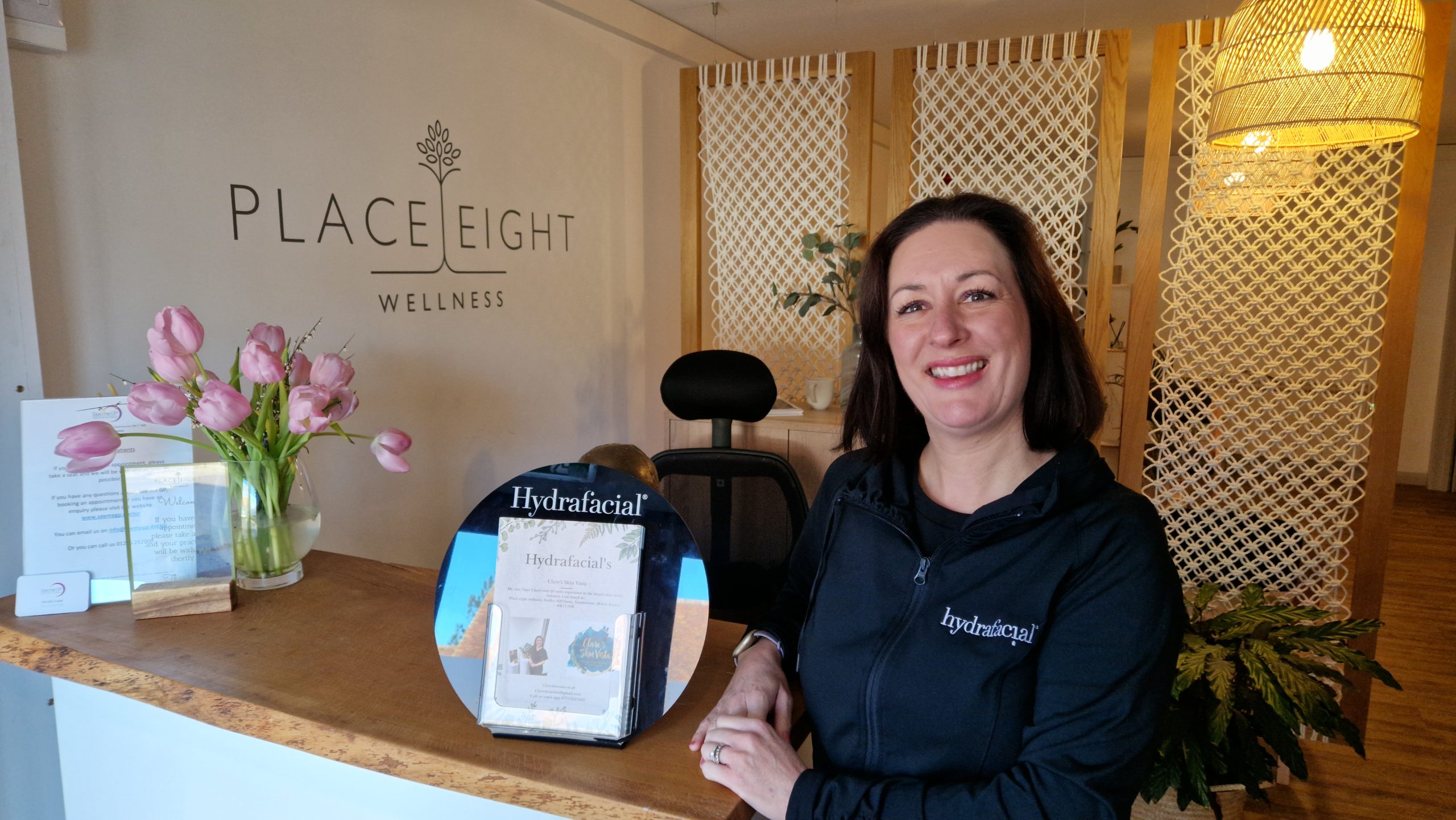The Reviving Power of the Humble Nap: A Nod to British Tradition
Over the Christmas period you may have found that, unlike the rest of the year, you indulge in a nap. Perhaps post dinner, when more than the turkey was stuffed, perhaps after a few too many Baileys, but should you embrace the nap into your new year.
In the bustling rhythm of modern life, there’s a simple, yet often overlooked, secret to rejuvenating our minds and bodies – the humble nap. Far from being a luxury, napping is a potent tool for enhancing productivity, improving health, and lifting our moods. As we navigate the demands of our fast-paced society, it’s time we embrace this age-old practice and understand its remarkable benefits.

A Nod to History: Napping in British Culture
The concept of napping is not foreign to British culture. Historically, the ‘siesta’ might be more associated with our European neighbours, but the UK has its own rich tradition of afternoon repose. Victorian gentlemen would often retire to their studies for a midday snooze, a practice seen as essential for maintaining their intellectual vigour. In today’s high-speed world, a brief interlude of rest can be just as beneficial.
Health Benefits: More Than Just Rest
The power of a nap extends beyond mere relaxation. Research has shown that a short daytime nap can significantly improve alertness and cognitive function. It’s a natural way to enhance mental acuity, much like a cup of tea but without the caffeine. A study from the University of Manchester even suggests that napping can help regulate our immune system, reducing stress and bolstering our body’s natural defences.
Boosting Productivity: A Counterintuitive Approach
In an era where overwork is often glorified, taking time out for a nap might seem counterintuitive. However, embracing this practice could actually lead to greater productivity. A brief snooze can refresh the mind, leading to increased creativity and problem-solving abilities. Some of the greatest British minds, including Winston Churchill and Margaret Thatcher, were known for their napping habits, proving that a restful interlude can coexist with high achievement.
Napping Etiquette: How to Nap Properly
To gain the full benefits of napping, it’s important to nap smartly. The ideal nap should last between 10 to 20 minutes. This duration is sufficient to refresh the mind without entering deep sleep, avoiding the grogginess that can follow a longer slumber. Timing is also crucial – early afternoon is the best time for a nap, aligning with our natural circadian rhythms.
Overcoming the Stigma: Embracing a Restful Culture
There’s a lingering stigma around napping, often seen as laziness or a lack of ambition. But as we become more aware of the importance of mental health and wellbeing, it’s time to challenge these outdated notions. A cultural shift towards accepting rest as a component of success could do wonders for our collective health and productivity.
The Power of Pausing
The humble nap is a powerful tool in our arsenal for tackling the challenges of modern life. It’s a nod to our history, a boost to our health, and a secret to productivity. As we continue to seek balance in our fast-paced lives, let’s not underestimate the power of pausing, of embracing the restorative power of the nap. After all, in a culture renowned for its love of tea breaks, why not add a nap to our repertoire of refreshments?






